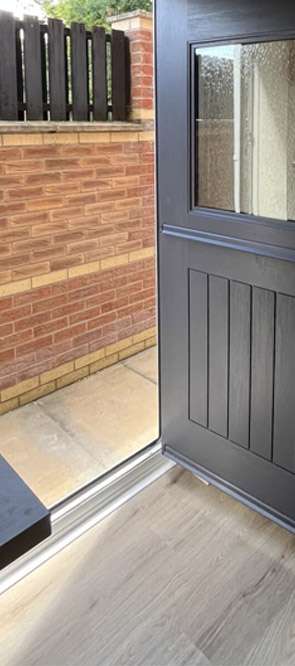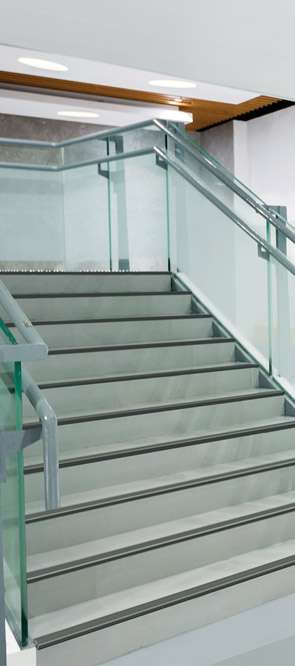High-Quality Ropes – Durable, Reliable & Trusted Solutions in the UK
Discover our exceptional collection of high-quality ropes designed to meet every need, whether you're tackling demanding outdoor adventures or completing practical tasks around your home. Our extensive range includes polypropylene ropes, elastic bungee ropes, cotton ropes, sisal ropes, nylon ropes, and steel ropes all crafted to ensure strength, durability, and unmatched reliability. Whether you’re scaling rock faces, securing cargo, or engaging in creative projects, we’ve got the perfect rope for you.
Our ropes are manufactured to the highest standards, offering an impressive variety of materials tailored to various applications. Choose Polypropylene Ropes for their lightweight, water-resistant qualities, ideal for marine use and general-purpose tasks. For high-stretch requirements, our Elastic Bungee Ropes provide excellent flexibility and shock absorption, making them perfect for securing loads or outdoor activities. Option for Cotton Ropes when you need a soft, eco-friendly option that’s gentle on hands ideal for decorative projects or pet toys. Sisal Ropes bring natural strength and a rustic aesthetic, often preferred for gardening, crafting, or home decor.
When it comes to heavy-duty performance, our Nylon Ropes and Steel Ropes stand out for their remarkable strength and resilience. Nylon ropes offer superior durability, high resistance to abrasion, and impressive load-bearing capabilities, making them essential for climbing, towing, or safety applications. Meanwhile, our steel ropes are engineered for maximum toughness, designed to withstand the most demanding industrial environments with ease. Whatever your requirements, we have the right rope for every task.
Shop from our store and enjoy a seamless UK shopping experience tailored to meet your requirements. From expert guidance to hassle-free delivery, we’re here to help you find the perfect rope whether it's polypropylene, elastic bungee, cotton, sisal, nylon, jute or steel. Explore our full range today and experience the best ropes the UK has to offer.









